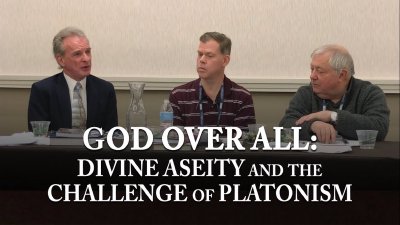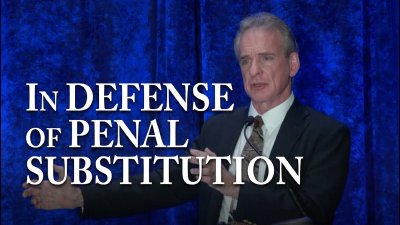On July 27th & 28th, 2012, an On Guard Christian Apologetics conference was held in Tulsa, Oklahoma by the Reasonable Faith Tulsa chapter. The conference was named after Dr. William Lane Craig's new training manual in Christian apologetics entitled, On Guard (http://www.reasonablefaith.org/on-guard-book), and featured Dr. Craig, and other first rate Christian scholars. At the conference, Dr. Craig spoke on the Problem of Evil and Suffering, and engaged in a lengthy question and answer time with the audience.

Why Does God Allow Suffering and Evil?
July 2012 | On Guard Conference
July 28, 2012 • William Lane Craig
More from
Talks







